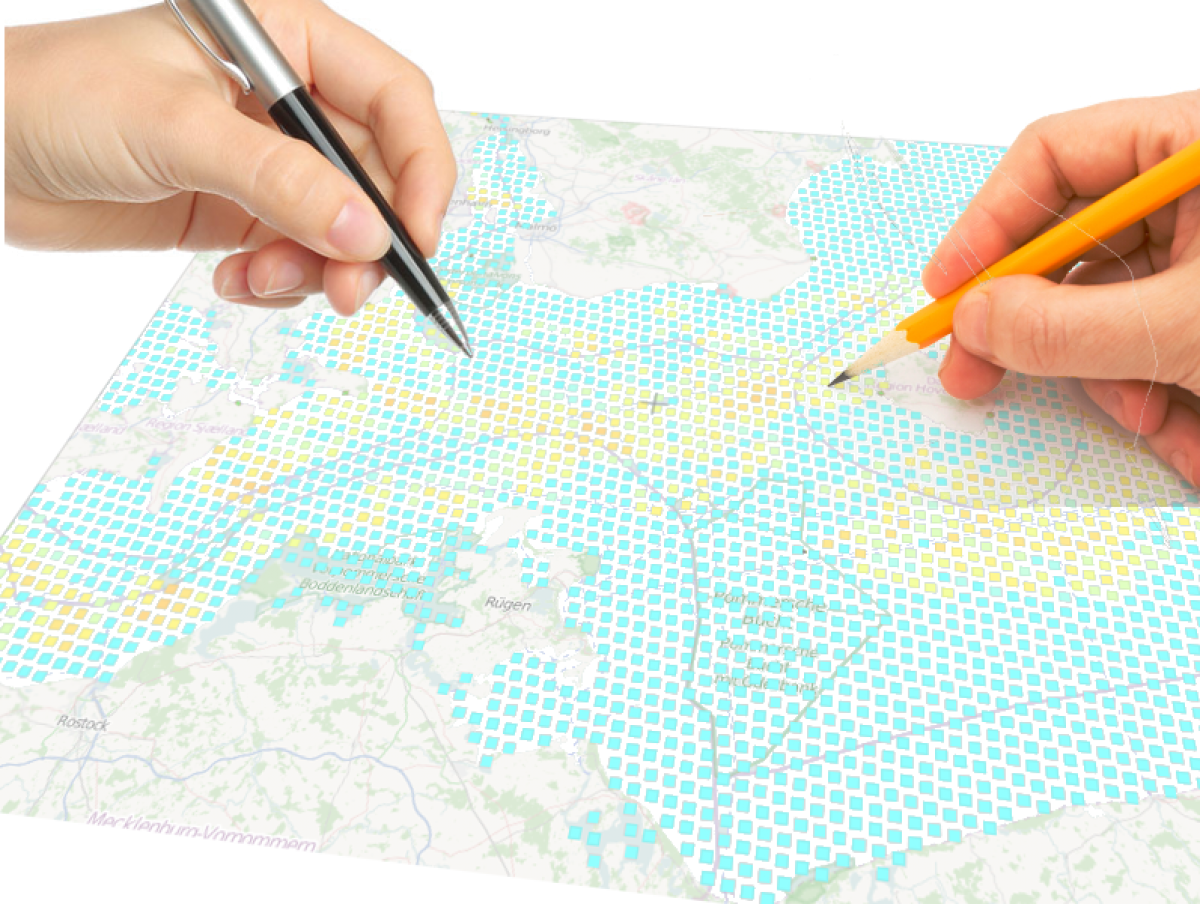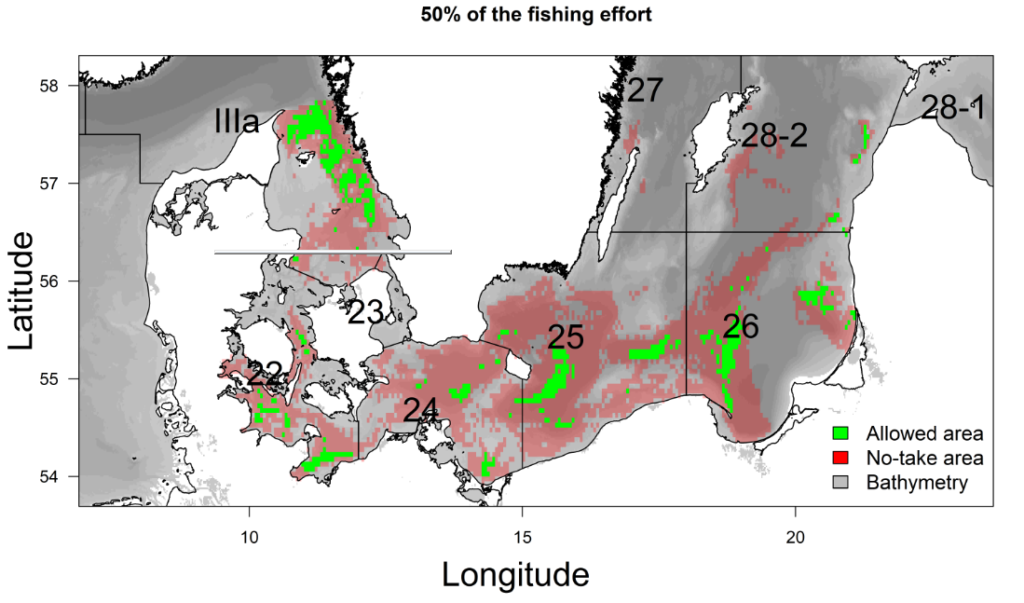Acting with imperfect information, fisheries policymakers and managers must try to balance tradeoffs of fisheries short-term productivity against long-term environmental, economic and social sustainability.
Alternatively, both environmental and fisheries policy strategies could engage a virtuous circle by bridging the historical divide between fisheries and nature agencies.
Hence, a long-term win-win situation could better emerge, and by propagating the change induced by the reduction of fishing impacts to other supportive marine ecosystem components (habitats, non-commercial marine species), the fisheries management could contribute to secure future fishing opportunities for the fishing fleets along with fulfilling the market demand for seafood and ensuring coherence in meeting national environmental targets.
Building on previous scientific works, we contributed to making this point more apparent in:
Bastardie, F., & Brown, E. J. (2021). Reverse the declining course: A risk assessment for marine and fisheries policy strategies in Europe from current knowledge synthesis. Marine Policy, 126, [104409]. https://doi.org/10.1016/j.marpol.2021.104409
You are welcome to ask for a free copy of the published article to fba at aqua.dtu.dk or find a preprint version here:

